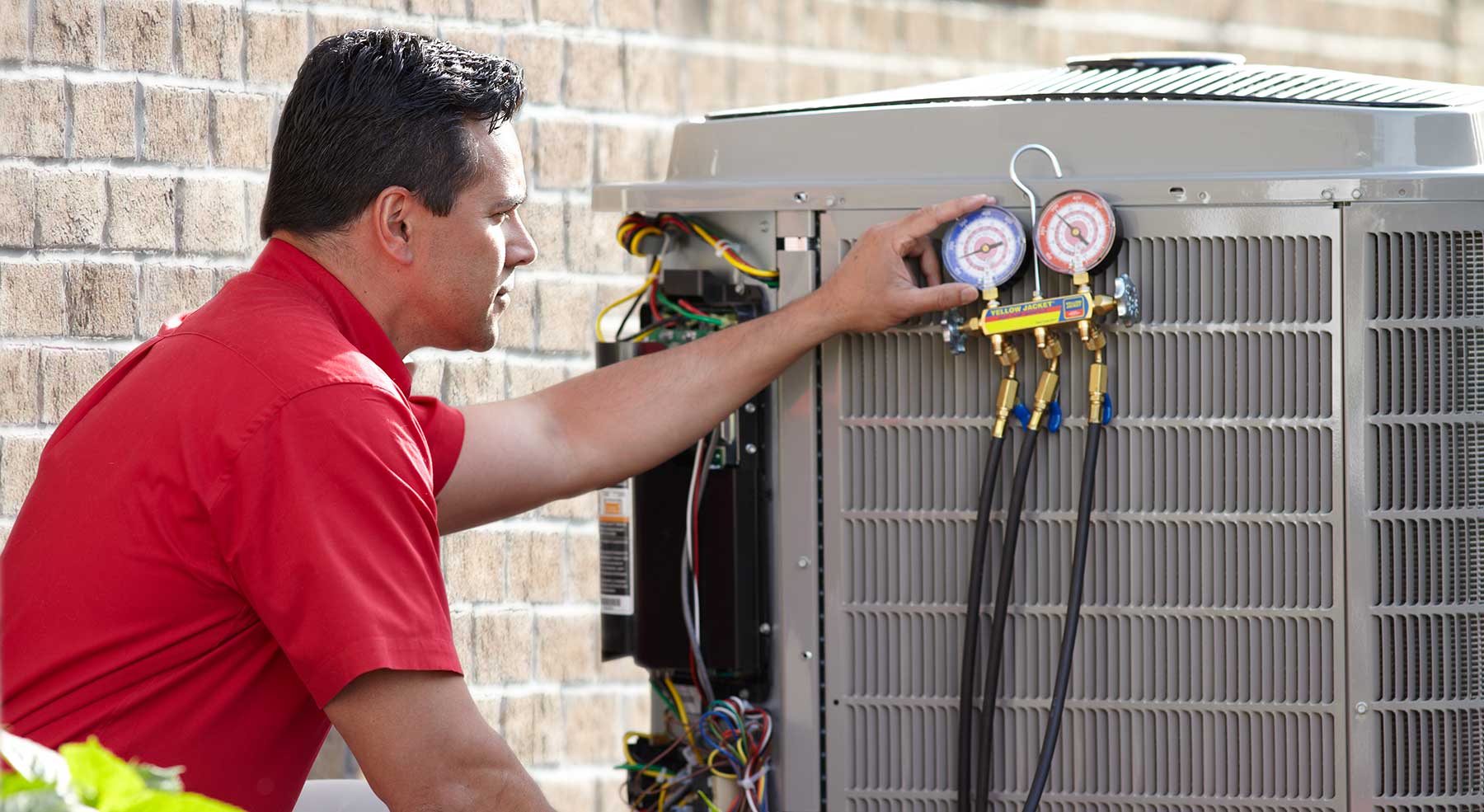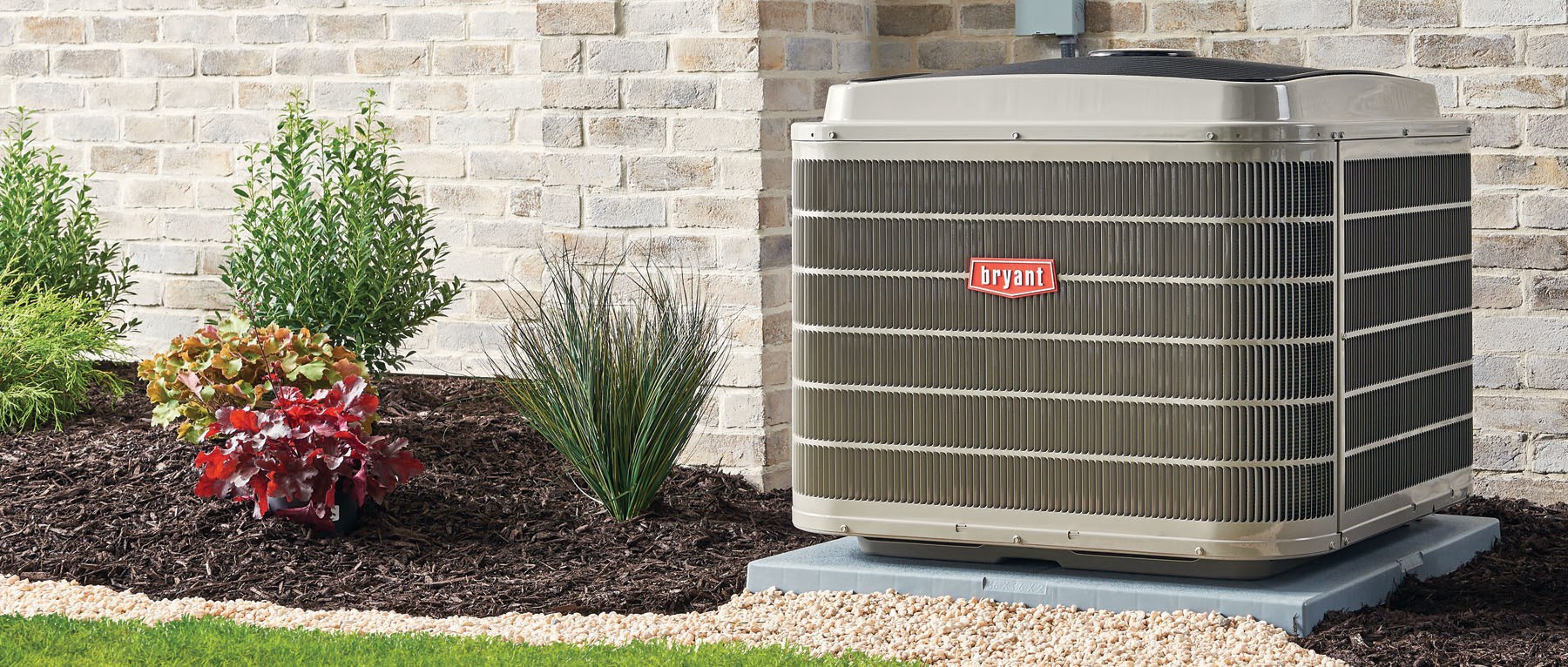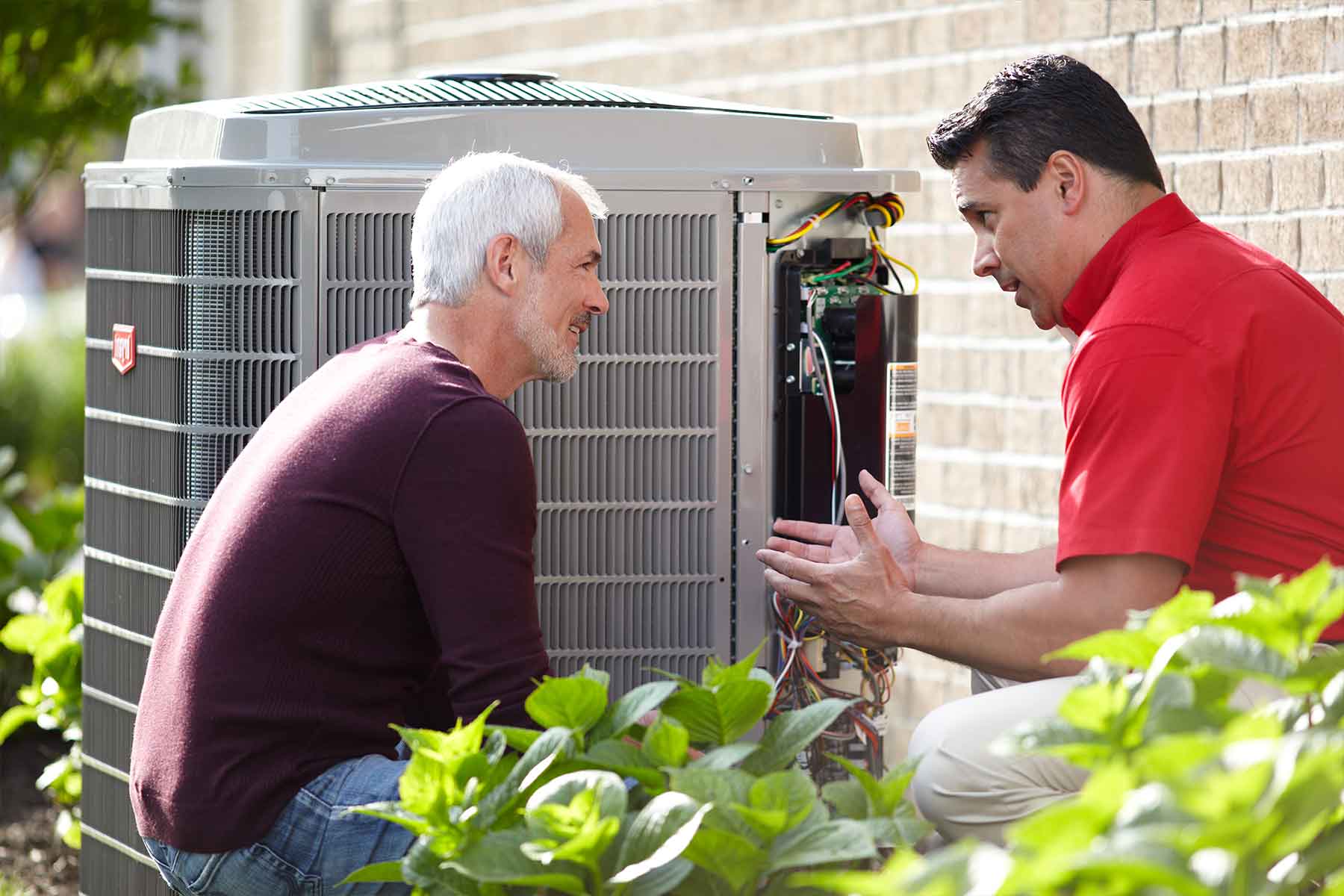
Understanding the HVAC Charge on Rent: What Tenants Should Know
Introduction
When it comes to renting a property, understanding the various charges associated with your lease is crucial. One charge that often raises questions among tenants is the HVAC charge. What does it entail? How does it impact your overall rent? In this article, we’ll dive deep into the intricacies of HVAC charges on rent, examining what tenants should know to avoid surprises Click here for info down the line.
Understanding the HVAC Charge on Rent: What Tenants Should Know
The term HVAC stands for Heating, Ventilation, and Air Conditioning. It encompasses all systems related to heating and cooling a space. When you rent a property, especially in areas with extreme weather conditions, an efficient HVAC system can significantly enhance your comfort level. However, landlords may incorporate HVAC-related costs into your rent in several ways.
What Does HVAC Charge Include?
HVAC charges can vary widely depending on several factors including:
Understanding these components will help clarify why they are included in your rental agreement.
How is the HVAC Charge Calculated?
The calculation of HVAC charges often hinges on several variables:

- The age and condition of the system
- The local climate
- Usage patterns of tenants
- Lease terms
Landlords typically determine these costs based on previous expenses or average market rates in their area.
Why Are HVAC Charges Important?
Having a clear grasp of what goes into your rent helps ensure transparency between you and your landlord. It also empowers you to make informed decisions about whether a particular rental property meets your needs.
How Can You Negotiate Your HVAC Charges?
When signing a lease, don’t hesitate to negotiate any terms that feel unfair or unclear. Here are some strategies to consider:
Common Misunderstandings About HVAC Charges
Many tenants mistakenly believe that all costs associated with heating and cooling are covered by their landlord or property management company. This misunderstanding can lead to unexpected financial burdens later on.
- Myth 1: All repairs are covered by my landlord.
- Myth 2: Utilities won’t fluctuate significantly month-to-month.
- Myth 3: I am not responsible for maintenance at all.
Understanding these myths will help you navigate your responsibilities more effectively.
Who is Responsible for Repairs? Landlords vs Tenants
Typically, landlords are responsible for maintaining functional heating and cooling systems; however, there are exceptions based on lease agreements. It's crucial to read through any clauses related to maintenance responsibilities carefully.
Landlord Responsibilities
- Regular servicing of HVAC systems
- Immediate repair of broken units
- Compliance with safety standards
Tenant Responsibilities
- Reporting issues promptly
- Keeping filters clean
- Managing thermostat settings within reasonable limits
Asking yourself questions like "What happens if there's an emergency?" will guide you toward knowing where liability lies in such scenarios.
Finding Reliable Air Conditioning Repair Services Near You
In case something goes wrong with your unit, knowing how to find reliable professionals is essential. Here's how:
The Role of Local HVAC Companies in Tenant Rights
Local HVAC companies play an important role in ensuring that both landlords and tenants understand their rights regarding heating and cooling systems:
- They can provide expert advice on maintenance needs.
- They often offer warranties that cover certain repairs.
- They serve as mediators in disputes over service quality or costs.
Knowing which local services are available will empower you further as a tenant.
What Happens When Repairs Go Unattended?
Ignoring problems with an HVAC system can lead to bigger issues down the line—think skyrocketing utility bills or complete breakdowns during extreme weather events! Therefore, it's critical to address concerns as soon as they're noticed.
Potential Consequences
Understanding Your Rights as a Tenant Regarding HVAC Issues
As a tenant, understanding your rights concerning heating and cooling systems is vital:
Familiarizing yourself with local tenant laws ensures you're prepared if conflicts occur.
FAQs About HVAV Charges
1. What does an HVAC charge typically cover?
An HVAC charge typically covers maintenance fees for regular upkeep, repair costs for malfunctioning units, utility expenses incurred from usage, and sometimes even insurance against failures.
2. Are tenants responsible for air conditioning repairs?
It depends on your lease agreement; generally speaking, landlords are responsible for major repairs unless specified otherwise.
3. How do I report issues with my heating or cooling system?
Notify your landlord immediately via email or written notice detailing the problem clearly.
4. Can I negotiate my rent based on poor HVAC performance?
Yes! If you encounter consistent issues with temperature control or inefficiency, bringing this up during negotiations is valid.
5. How often should I expect my landlord to perform maintenance checks?
Most leases stipulate annual checks; however, this may vary based on state regulations.
6. Where can I find reputable air conditioning repair services near me?
Search online using terms such as “hvac services near me” or consult local directories for businesses specializing in air conditioning repair service.


Conclusion
Navigating rental agreements requires understanding various components—HVAC charges included! Being informed about what's fair allows you not only to protect yourself but also helps foster better communication with landlords over time! After all, nobody wants unexpected costs creeping up unexpectedly!
If you're ever confused about any aspect regarding these charges—or need assistance finding reliable services—don't hesitate to reach out locally! Remember that knowledge is power when it comes down to making informed decisions about where you live!